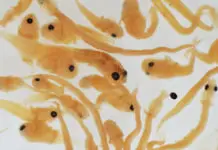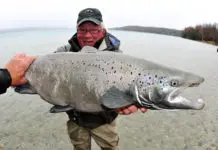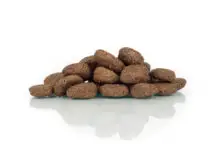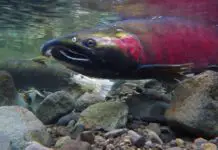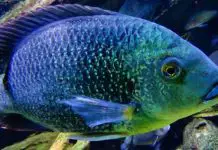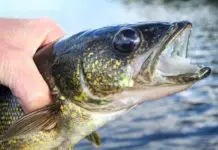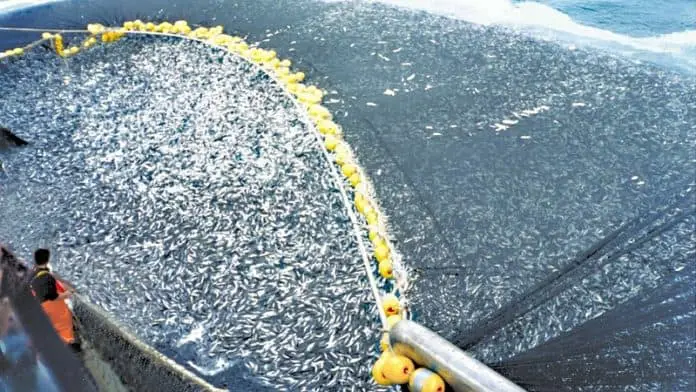
New studies of cod genes show that as much as 75% of marine proteins can be replaced by plant proteins in feed for farmed Atlantic cod without triggering stress genes.
On a global basis, fish meal resources are limited and researchers are looking for other sources of protein for use in fish feed. Plant meal is an alternative source of protein that is already widely used. Many fish feed trials have been conducted in order to establish how the farmed Atlantic salmon utilise nutrients in plant meal, but fewer studies have been carried out on farmed Atlantic cod.
Previous studies carried out by the National Institute of Nutrition and Seafood Research (NIFES) indicate that cod can consume a feed consisting of up to 75% plant protein without any significant reduction in the growth. Nevertheless, new plant ingredients may cause more subtle health effects in the fish.
– Therefore, we wanted to investigate whether a high level of plant protein in the feed would affect cod health, or have any other subtle negative effects on the Atlantic cod. We therefore examined the stress gene expression. The results of our studies showed that the stress genes appeared to be unaffected, says researcher Kai Lie from the Aquaculture Nutrition Research Programme at NIFES.
Why examine stress genes?
Stress is a broad term. For instance, fish may experience stress when they are given a new feed containing a high level of plant proteins instead of fish meal.
– By studying the stress response at gene level it is possible to identify harmful effects of plant meal in the feed given to cod at an earlier stage than can be revealed by looking at parameters such as growth and survival, says Lie.
As the liver plays an important role in protein metabolism, the cod liver was examined to see if there was any evidence of changes in the genes involved in stress and the metabolism of proteins.
– Liver samples were taken from cod that had been given feed containing 75% plant protein. After testing the expression of around 500 genes we found no changes to indicate a stress response in the cod. The liver cells were apparently unaffected by the high level of plant meal, says Lie.
– We also examined genes involved in protein turnover (synthesis and metabolism) and the gene expression was lower for a few of these genes in the cod that had been fed with 75% plant protein. This shows that the cod was affected to some extent, even though the growth was normal. Whether this has any significance for growth and protein metabolism in a prolonged life periodis a matter that requires further study, says Lie.
About the cod in this study
Cod weighing around 1.7 kg were given a feed containing either 25, 50, 75 or 100% plant proteins. The remainder of the protein level in the feed was fish meal. The control group was given a feed containing only fish meal as a source of protein. Lie chose to focus on the cod group that had been given 75% plant protein as they did not show reduced growth. The cod that were given 100% plant protein showed reduced growth and were therefore not suitable for more in depth studies to establish whether cod react to stress before the stress reduces their growth.
The feeding experiment lasted for 28 weeks. Protein consists of amino acids. The composition of amino acids in the feed met the requirements set by the National Research Council, Canada, but the balance of amino acids was different between the fish meal and the plant proteins. The cod that were not given this feed were compared with cod that had been given 100% fish meal as the source of protein.
Contact person:
Kai K. Lie
Telephone: +47 95219873
E-mail: kai.lie@nifes.no
























